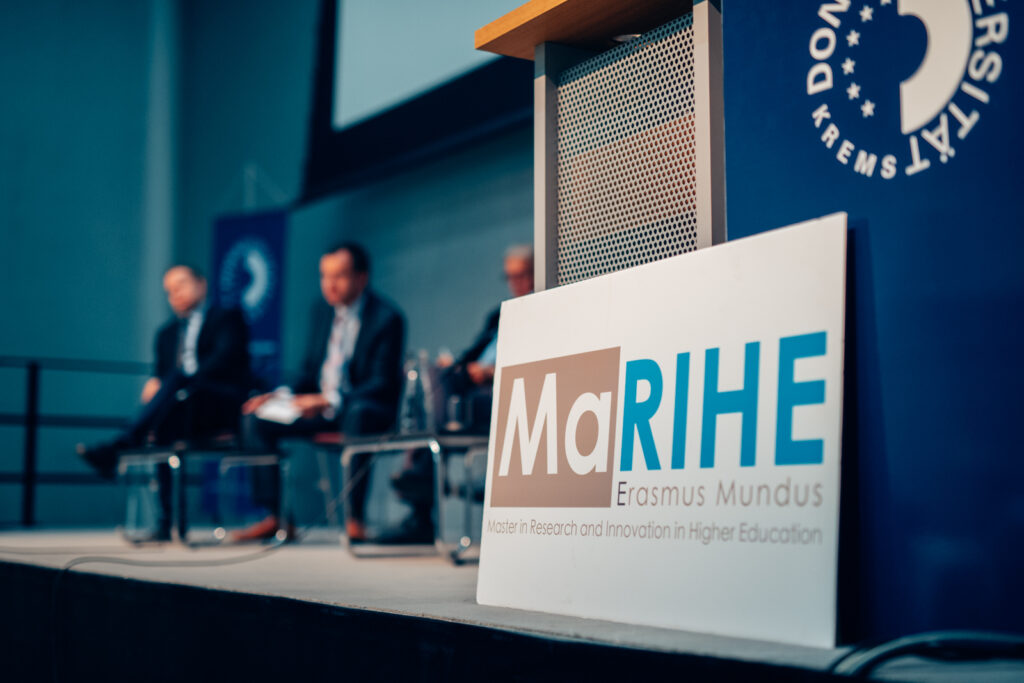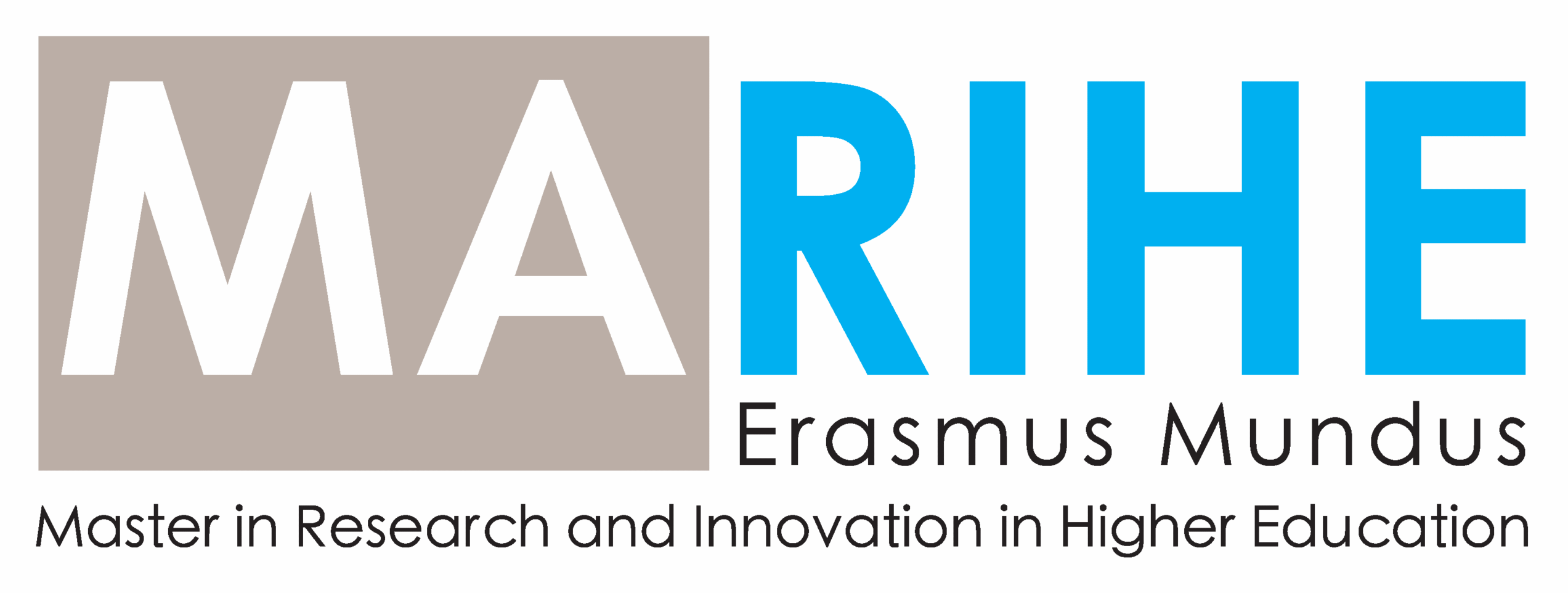Our History
A Veteran of Erasmus Mundus
In the early 2000s, as higher education institutions worldwide grappled with unprecedented challenges of globalization, digitization, and increasing complexity, a consortium of universities recognized the need for a new kind of educational programme. Traditional approaches to higher education management were proving insufficient for an interconnected world where institutional leaders needed to understand both local contexts and global perspectives.
MARIHE emerged from the collaborative efforts of four pioneering institutions: the University for Continuing Education Krems (Austria), University of Tampere (Finland), Beijing Normal University (China), and Osnabrück University of Applied Sciences (Germany). This diverse founding consortium was intentional, bringing together European educational excellence with Asian perspectives to create a programme truly global in scope.
The programme was conceived as the first and only Erasmus Mundus Joint Master focused exclusively on research and innovation in higher education, addressing a critical gap in professional development for higher education leaders worldwide.
The path to success was not immediate. The consortium’s initial application for Erasmus Mundus funding was unsuccessful, a setback that might have ended many collaborative efforts. Instead, this early rejection became a defining moment, instilling a culture of resilience and persistence that continues to characterize MARIHE today. The partners regrouped, refined their proposal, and successfully secured funding in subsequent application rounds, demonstrating the determination that would become part of the programme’s DNA.
From its first cohorts, MARIHE adopted an innovative approach: treating students as partners rather than passive recipients. Early student groups actively participated in refining the curriculum, helping to shape a programme that balanced broad foundational knowledge with specialized expertise. This collaborative model allowed students to choose between different specialization tracks—whether focusing on research management, institutional administration, or policy analysis—while maintaining a core understanding of higher education systems.

A multicultural and global vision
The inclusion of Beijing Normal University as a full consortium member from the beginning signaled MARIHE’s strategic commitment to global perspectives. This wasn’t merely about student mobility; it represented a fundamental belief that effective higher education leadership in the 21st century requires understanding and collaboration across cultural and regional boundaries. The Europe-Asia partnership model fostered genuine cross-continental curriculum development and established trust-based relationships that transcend geographical distances.
The programme’s growth reflects its success and evolving expertise:
2018 Expansion: Eötvös Loránd University in Hungary and Thapar Institute of Engineering and Technology in India joined the consortium, adding new specializations in learning and teaching innovation, as well as sustainable education and social entrepreneurship.
2024 Enhancement: The University of Aveiro in Portugal became the newest consortium partner, strengthening expertise in policy analysis and bringing additional research capacity in higher education innovation. This expansion coincided with renewed European Commission funding and the introduction of a dedicated policy analysis specialization track.
Operating across multiple countries, educational systems, and legal frameworks presents ongoing challenges. MARIHE has learned that successful joint programmes require more than technical alignment—they demand trustful partnerships and flexible problem-solving. Whether addressing degree recognition across different national systems, harmonizing assessment criteria, or managing visa processes for student mobility, solutions emerge through collaborative relationships rather than standardized procedures.
The MARIHE student journey has become increasingly sophisticated, with comprehensive support systems including buddy programmes, dedicated staff assistance at each location, and alumni networks that provide ongoing mentorship. Students navigate diverse teaching styles, administrative cultures, and academic expectations across continents, developing the adaptability and intercultural competence essential for higher education leadership.
MARIHE’s curriculum continuously evolves to reflect emerging trends in higher education. Recent updates incorporate artificial intelligence in education, geopolitical influences on international education, and contemporary policy challenges facing universities globally. This responsiveness ensures graduates are prepared for current and future leadership challenges in the field.
More than a decade of significant Impact
- Over one-third of alumni pursue doctoral studies, contributing to the global research base in higher education
- Graduates hold leadership positions in universities, research organizations, government agencies, and international bodies worldwide
- The programme has become a model for other Erasmus Mundus initiatives, elevating the reputation of joint European master’s programmes
MARIHE’s success is inseparable from the Erasmus Mundus framework, which provides both funding and structural support for international joint programmes. The European Commission’s investment enables the unique mobility structure, joint management across institutions, and cross-continental curriculum that defines MARIHE. In turn, MARIHE’s achievements contribute to the broader success and reputation of Erasmus Mundus programmes globally.
As MARIHE enters its next phase with renewed funding through 2028, the programme continues to evolve while maintaining its core mission: preparing leaders who can navigate the complex landscape of contemporary higher education. The 2024 refresh brought not only new partnerships but also enhanced specialization options and updated curriculum reflecting current global challenges.
The story of MARIHE is ultimately one of sustained collaboration, adaptive innovation, and commitment to excellence in higher education leadership development. From its origins as an ambitious vision to its current status as a established global programme, MARIHE exemplifies how international partnerships can create educational experiences that truly prepare professionals for the challenges of our interconnected world.
